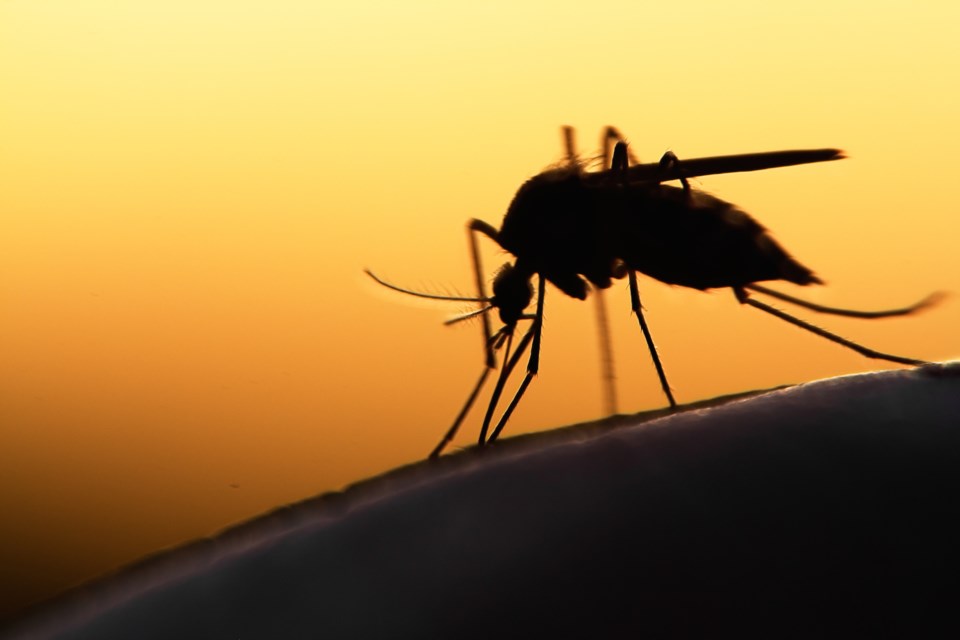REGIONAL MUNICIPALITY OF YORK
*************************
NEWMARKET - The Regional Municipality of York received laboratory confirmation that an individual from The City of Vaughan has tested positive for West Nile virus, marking York Region’s first human case of 2018. The individual has recovered from the illness.
“The end of summer does not mark the end of mosquito and West Nile virus season,” said Dr. Karim Kurji, York Region’s Medical Officer of Health. “This case of West Nile virus is an important reminder to stay vigilant and protect ourselves and loved ones from potential infection when outdoors.”
York Region encourages residents to follow these simple Fight the Bite tips to reduce their chance of being bitten by mosquitos:
- Limit outdoor activities in the early morning and early evening, when mosquitos are most active
- Cover exposed skin by wearing long sleeves, pants and socks
- Use insect repellent containing DEET or icaridin when outdoors
- Clean or remove standing water sources, including bird baths, empty containers, outdoor toys and pots
York Region’s annual West Nile virus control plan includes:
- Mosquito control – Mosquito populations are reduced through a process called larviciding, using provincially and federally-approved pesticides
- Mosquito surveillance – Each week between June and October up to 40 mosquito traps are set up across the Region, capturing and testing mosquitos for the virus
West Nile virus cannot spread from person to person. The majority of people infected with West Nile virus do not develop any symptoms. Those who do develop West Nile virus illness may experience flu-like symptoms like fever, body aches, fatigue, skin rash and less frequently muscle weakness, stiff neck, confusion, severe headaches and a sudden sensitivity to light. In rare cases, the virus can cause serious neurological illness including encephalitis, or inflammation of the brain. Seek immediate medical attention if you experience any of these symptoms.
For more information on West Nile virus, visit york.ca/westnile or contact York Region Health Connection at 1-800-361-5653, TTY 1-866-512-6228.
The Regional Municipality of York consists of nine local cities and towns, and provides a variety of programs and services to 1.2 million residents and 51,000 businesses with 620,000 employees. More information about the Region’s key service areas is available at york.ca/regionalservices
*************************



